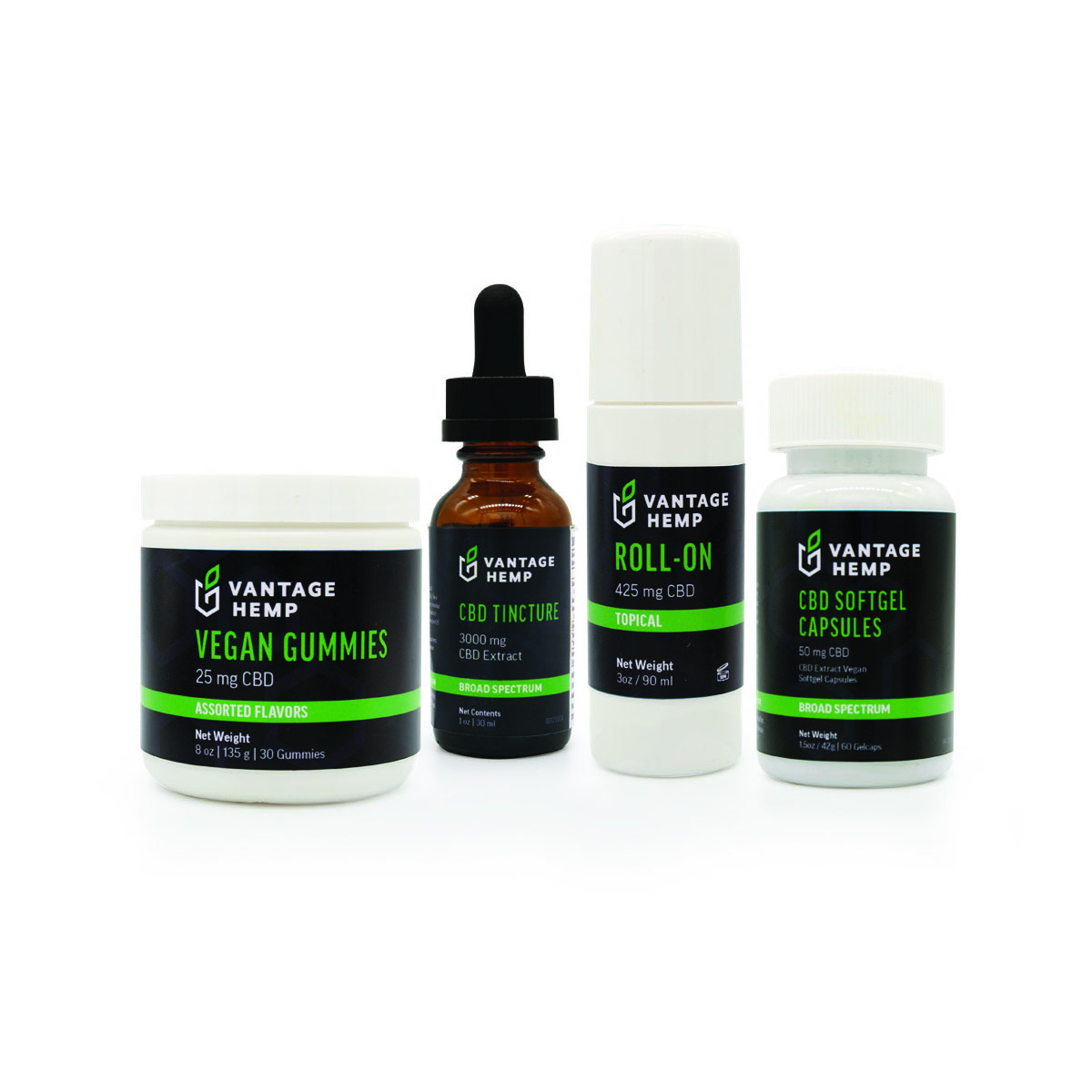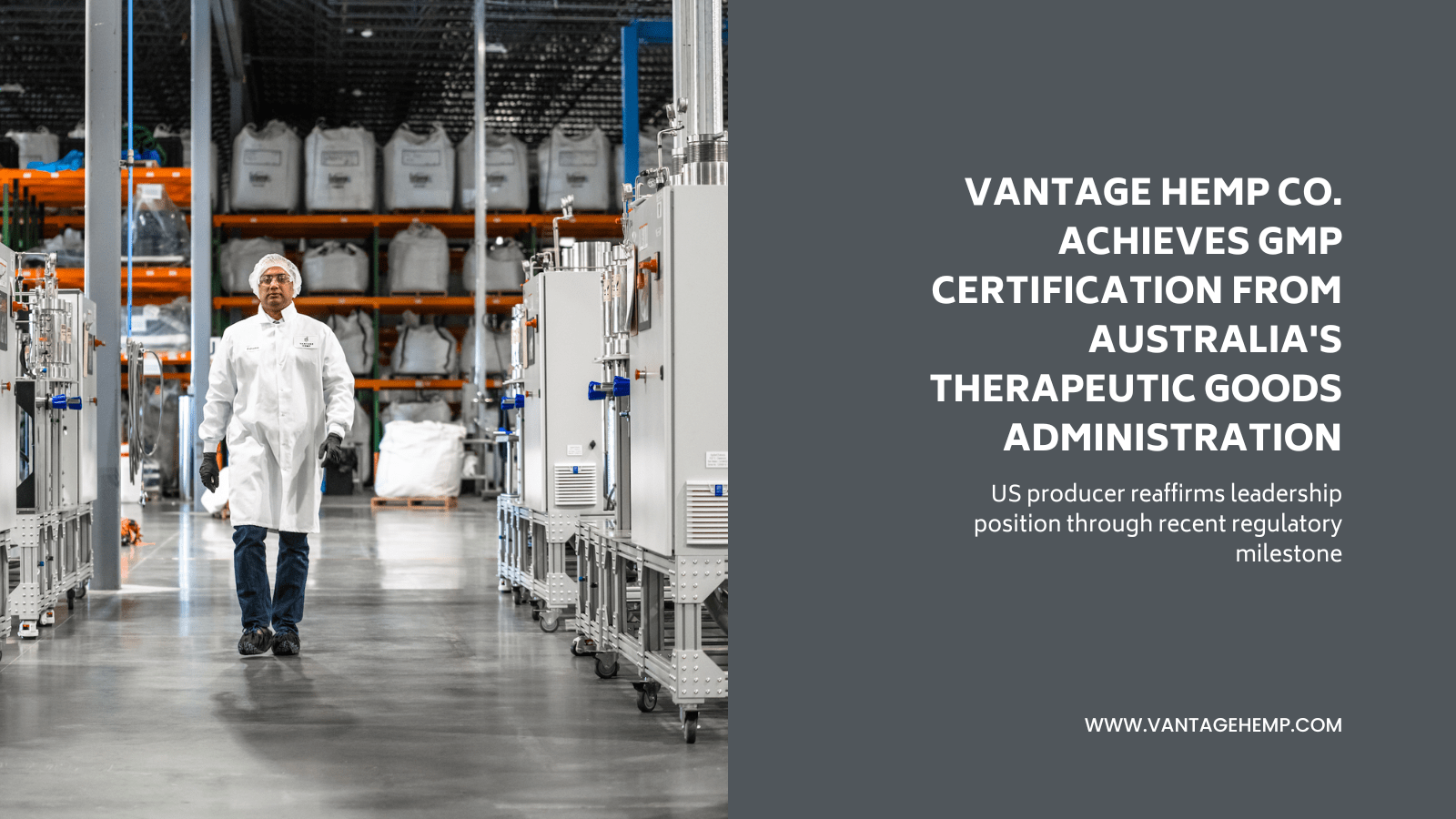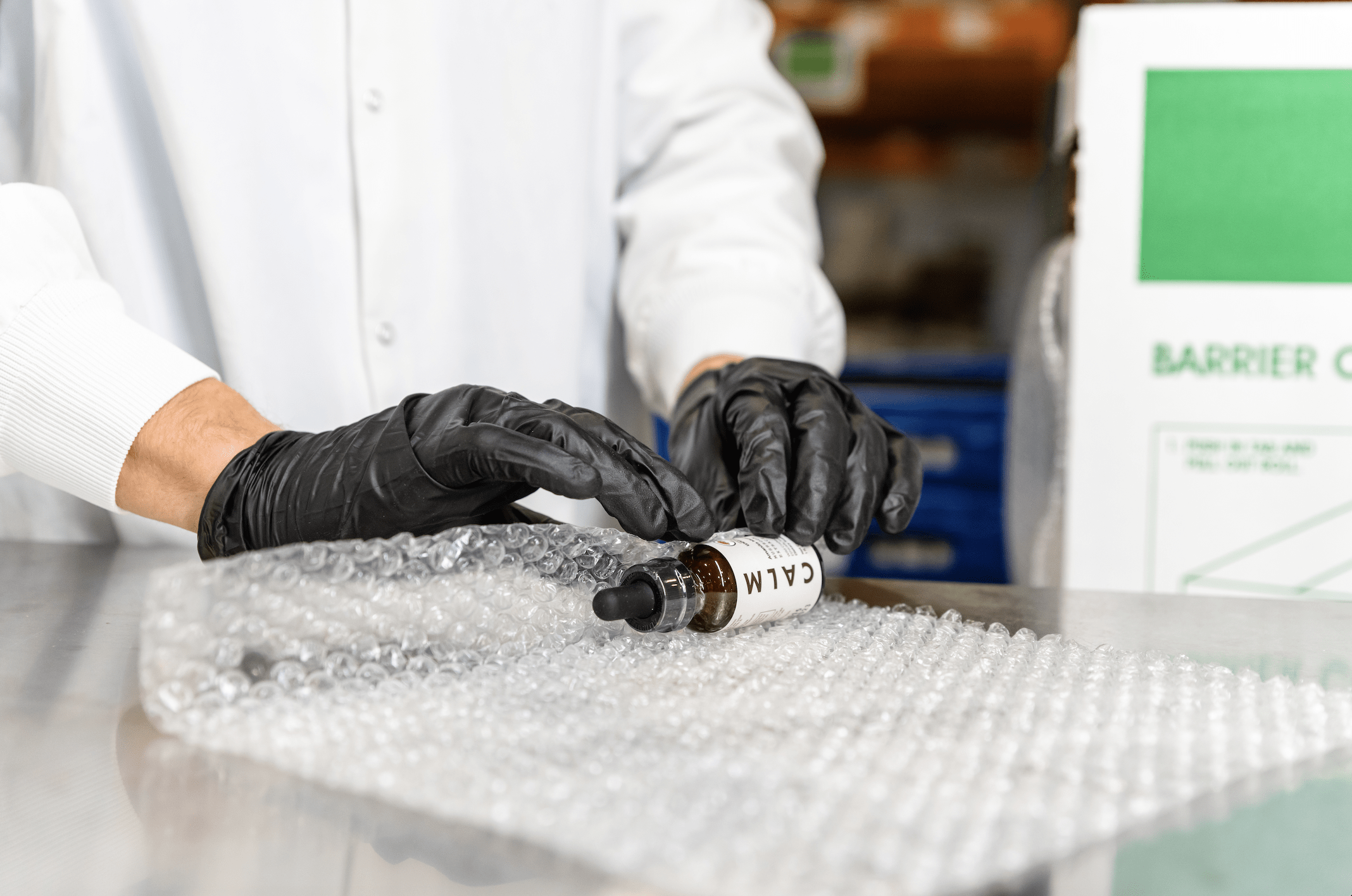Scalability vs. Growth
While the terms ‘scalability’ and ‘growth’ are often used interchangeably in common business parlance, as metrics in manufacturing, the two are quite distinct. Indeed, growth, which is essentially recognized as an increase in revenue, is both the driver and outcome of good scalability design and implementation.
Installing solid scalable architecture in all manufacturing processes ensures your supply chain is ready and able to grow at the same rate as your brand and business. Scalability is essential as it directly contributes to competitiveness, efficiency, reputation, and quality. With the plant-based wellness market experiencing exponential global growth, companies trying to keep pace without scalability plans in place are at high risk for a wide variety of errors. These errors can impact every part of your business, and, ultimately, jeopardize the health and safety of your consumers.
What is Scalability?
Scalability is the ability of a business to withstand the pressures of growth without harming profitability, efficiency, or quality in the process. Scalability allows a business to grow and generate revenue without being held back by its structure or lack of resources. Growth potential and corresponding scalability go hand-in-hand to determine a company’s valuation. As sales increase, the business is able to maintain or boost its efficiency through a scalable model.
Implementing Scalability as a Contract Manufacturer
When a manufacturer is creating a scalable business model, the company must identify its total addressable market to build a model that can scale up or down easily in response to market variations. If there are enough businesses experiencing a particular problem, there are people who would benefit from a solution.
Before you can successfully scale, your company must create systems and implement processes to support your business as it grows. Consumer-facing businesses look to work with best-in-class manufacturers to produce market-winning products. To do that, manufacturers must implement standardized processes to ensure product performance, consistency, and quality.
Managing the Industry’s Momentum
Manufacturing scale-up includes numerous processes ranging from quality management systems (QMS), documentation, production line maintenance, and analytical testing. In every step of the production pathway, there is potential for multiple catastrophic errors that can negatively impact your business and the health and safety of your consumers. Scalability is a challenging endeavor in many industries, but even more challenging in the hemp industry as it is one of the fastest-growing markets of our time with each state and country having a unique set of regulations. With that said, these catastrophic errors are happening with increasing frequency due to a long list of factors including hazardous materials, misrepresentation of qualifications, improper manufacturing design, human error, and supply chain visibility.
Industry Horror Stories
Just since 2020, CBD consumers have experienced product recalls for some of the most dangerous and frightening reasons – all of which could directly result from poor, or no scalability process plans. A Michigan-based hemp product manufacturer recalled dozens of tinctures after learning that the products were contaminated with elevated heavy metals like lead, which exposure to can cause lasting damage to the kidneys and brains of adults. Improper or incomplete ingredient validation processes, for example, can result in inadequate analysis and evaluation of source materials. This inadequacy can result in products with elevated levels of hazardous components.
Impurities can infiltrate products at nearly every point of production whether it’s through the use of pesticides during cultivation, contaminated water or growing fields. Concerning reports could have been identified and mitigated prior to product release with proper and adequate testing. Low-level contamination of heavy metals in edible CBD items is “pervasive,” cites a study to be published this December. Analyzing more than 500 products, researchers detected lead in 42 percent of edible products, while mercury was found in 37 percent and arsenic in 28 percent.
Prioritizing scalability is pivotal to continuing industry growth, some of these factors must include improving forecasting capabilities, using technology to drive supply chain visibility, and reevaluating the production schedule to make smarter use of available inventory. In a recently published white paper, 89% of CBD manufacturers surveyed predict their sales and revenue will increase further in 2022 but 63% of those manufacturers were unable to fully meet demand in 2021, significantly impacting customer relationships as they were forced to push back delivery deadlines or cancel orders.
The Vantage AdVantage – Meeting Global Manufacturing Demand
Ensuring the safety of your brand, business, and most importantly, your consumers, depends on your decision to partner with the right contract manufacturer; one that cares as much about your products’ safety and success as you do. Vantage Hemp Co.’s extensive product capabilities (e.g., softgels, tinctures, oils, etc.), world-class extraction and production facilities, expert team, and flexible manufacturing capacity make it an ideal production partner for any size brand or business that specializes in pharmaceutical or consumer packaged goods operations.
Vantage’s Chief Process Biochemist, Deepank Utkhede, noted “Vantage has invested in its processes, people, R&D, and facilities to ensure seamless scalability of manufacture for market readiness. Our dedication to reliably delivering high-quality plant-based products is unrivaled in the industry, as evidenced by our Drug Master File submission for CBD distillate to the US Food and Drug Administration.” Utkhede continued, “Vantage’s CMO partnership with Psyched Wellness makes us one of a very elite few manufacturers with proven market performance in extraction, commercial production, and packaging of plant-based products.”





